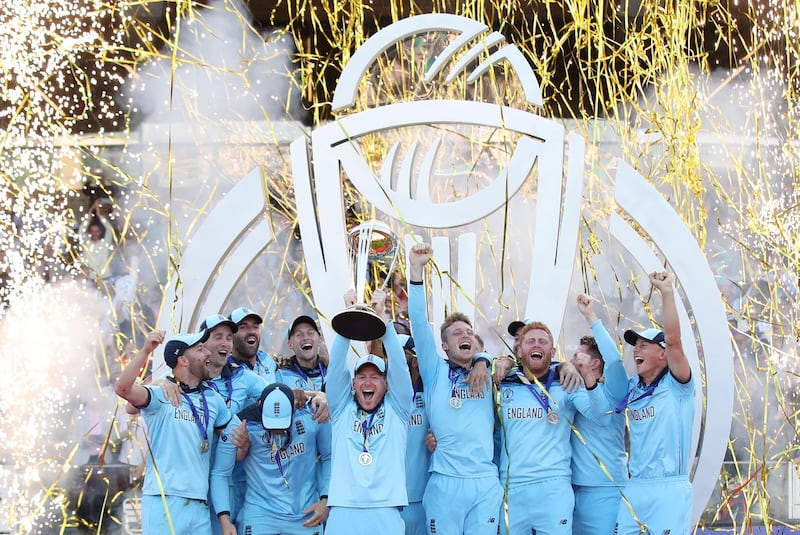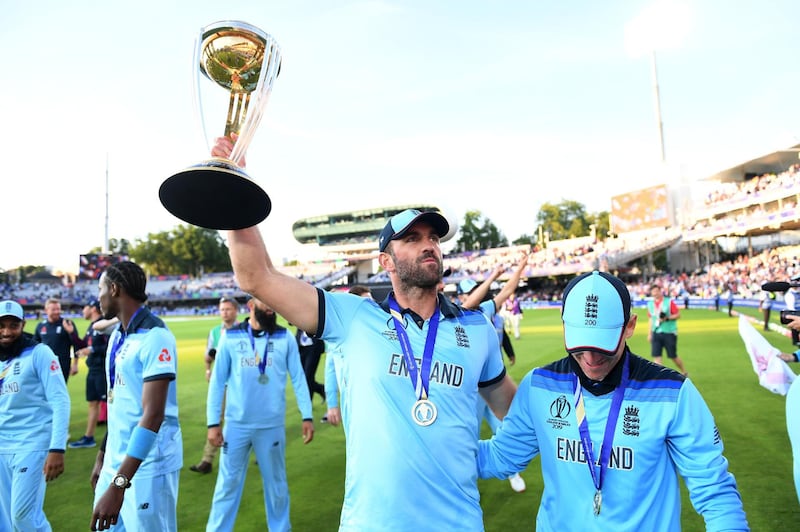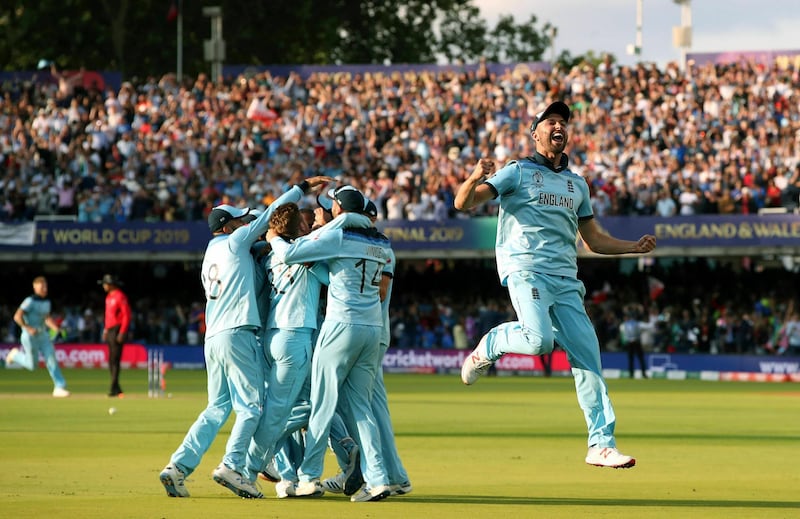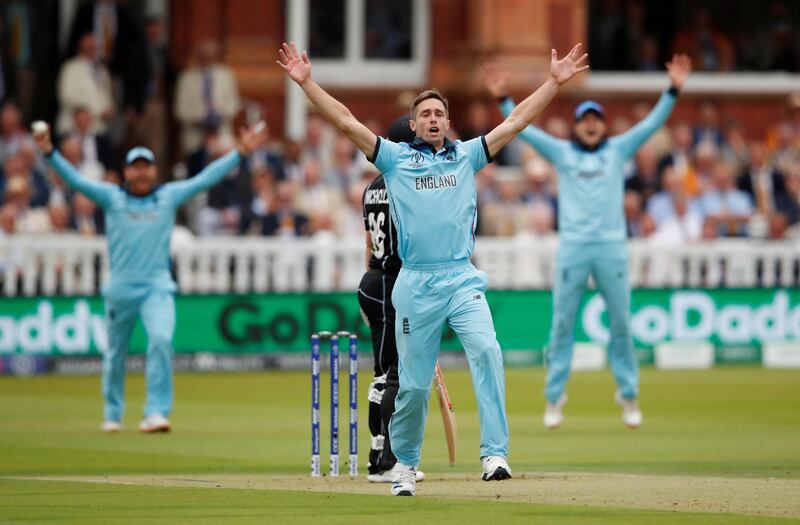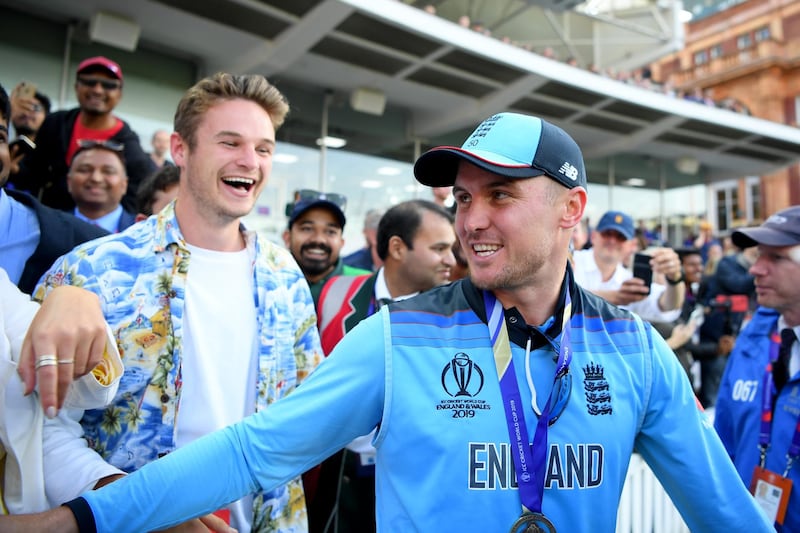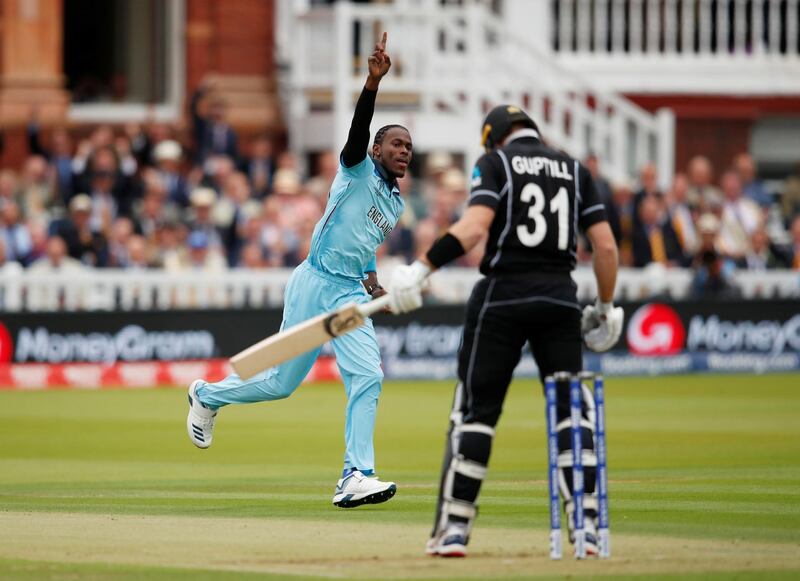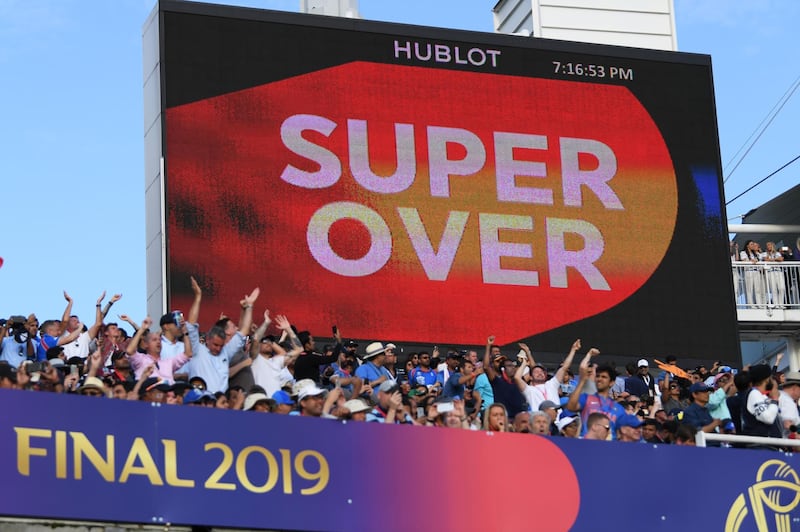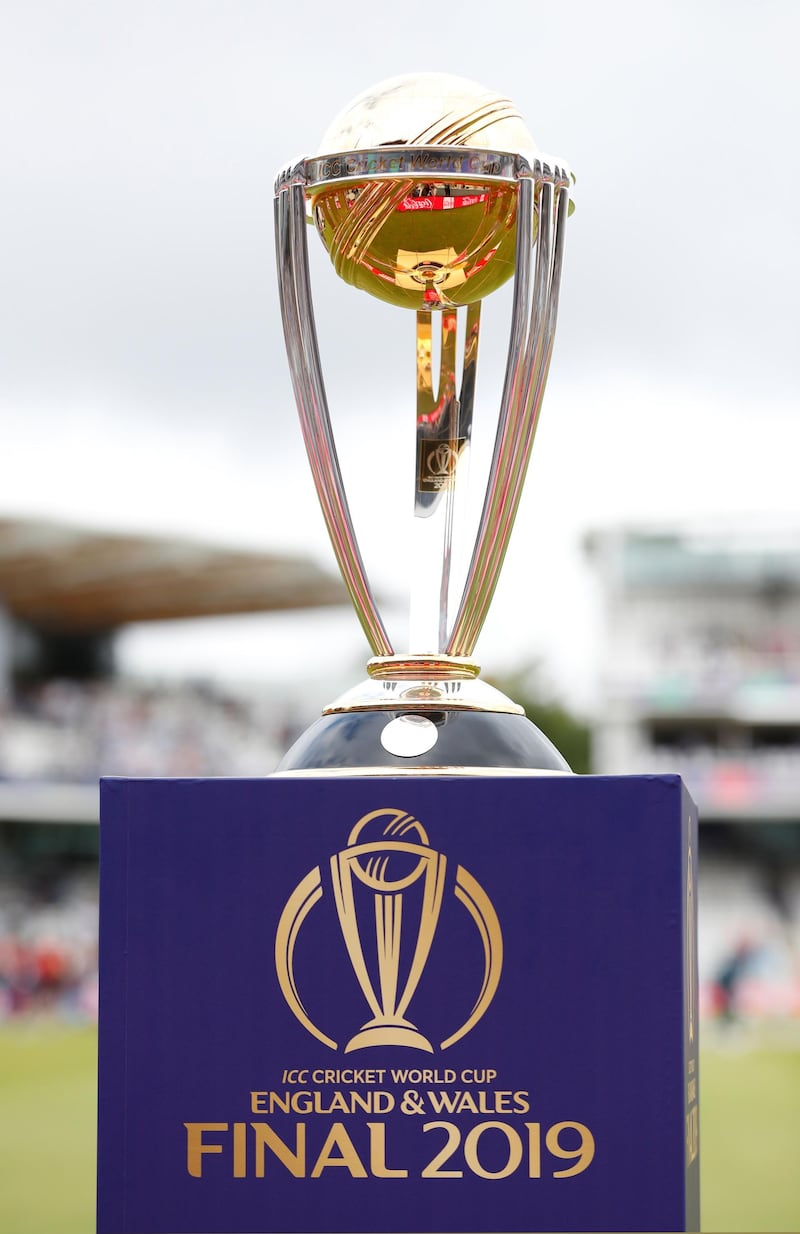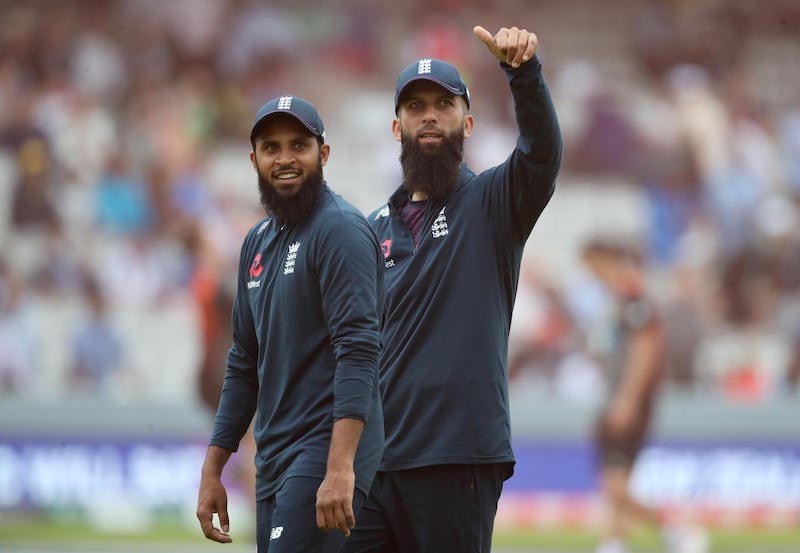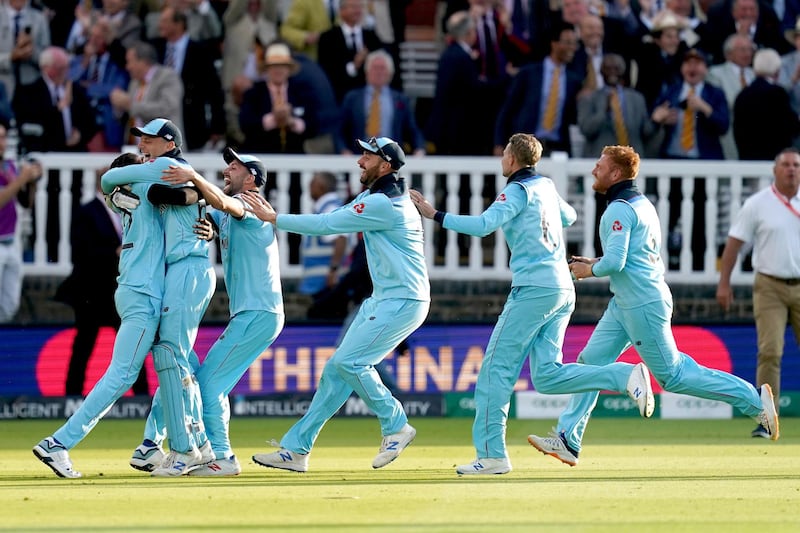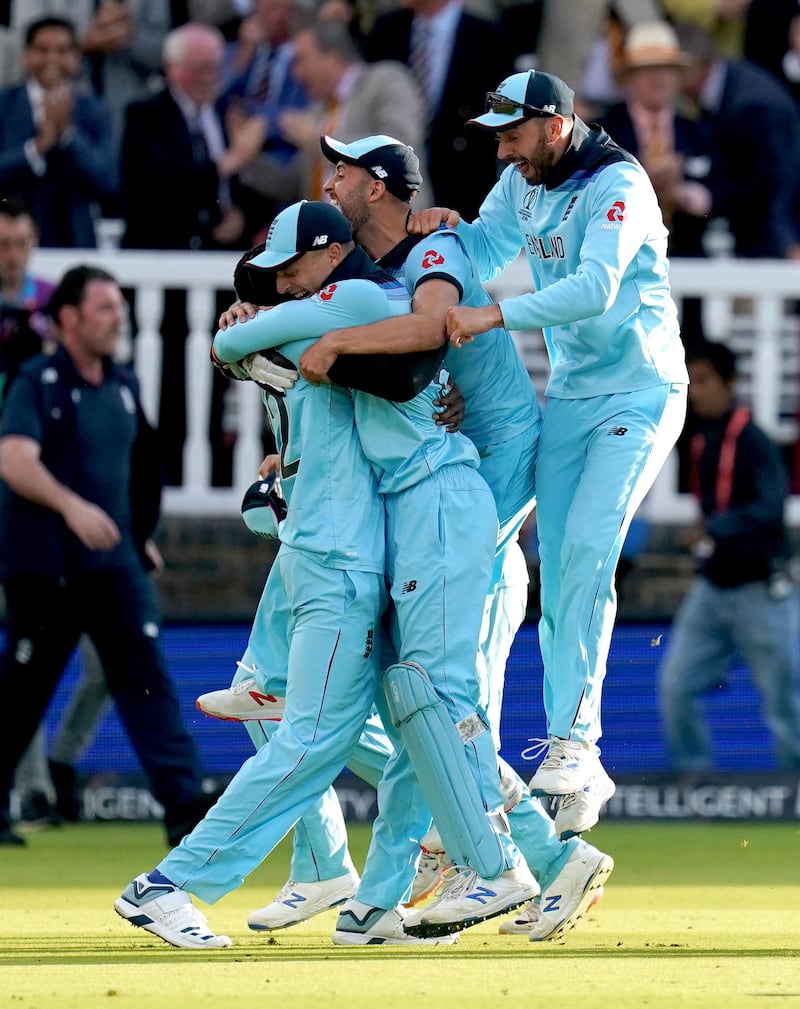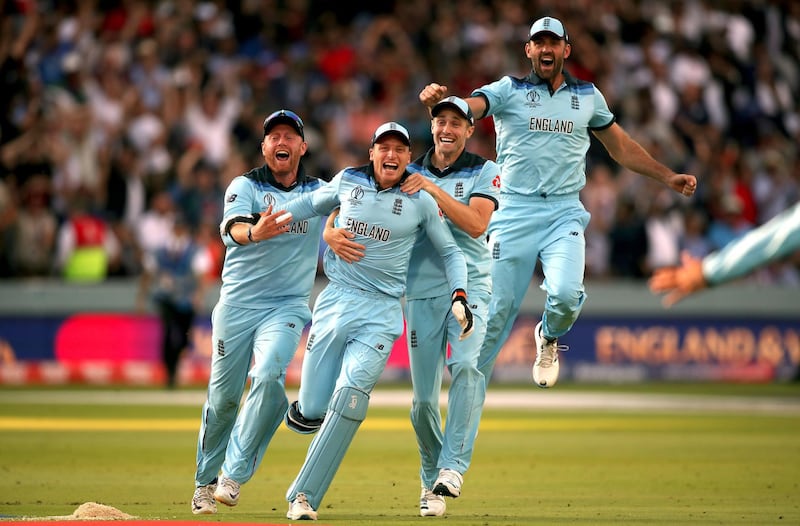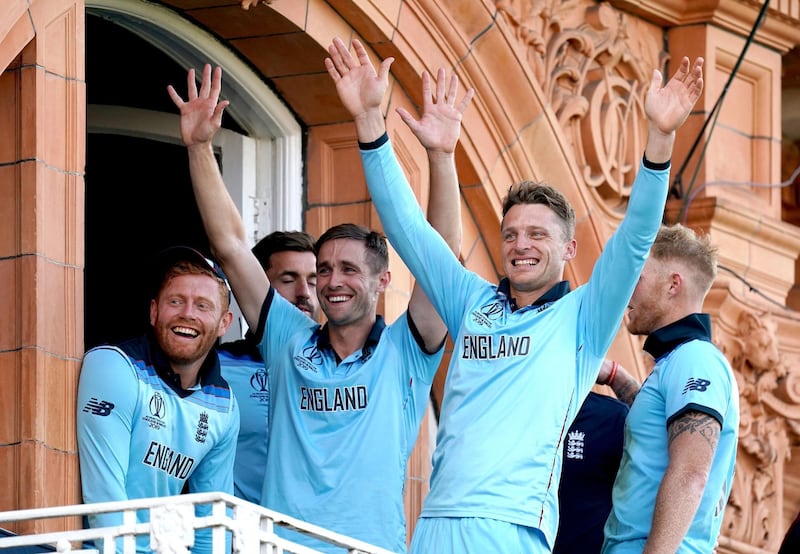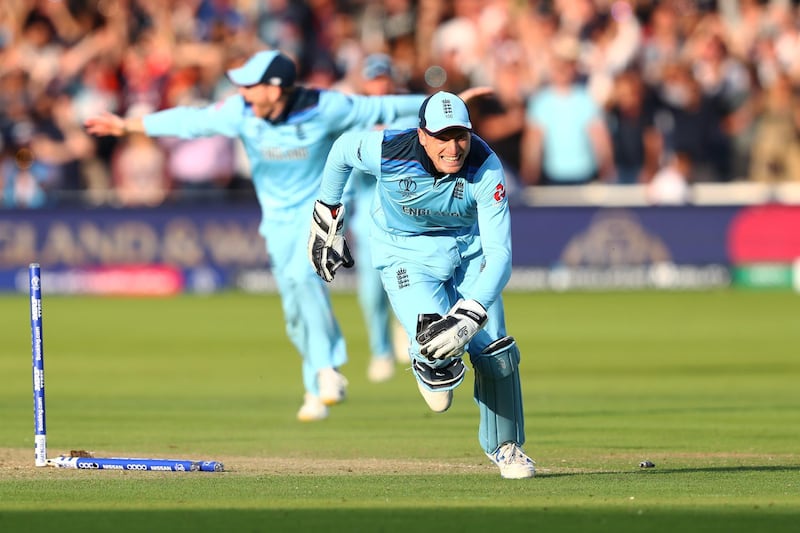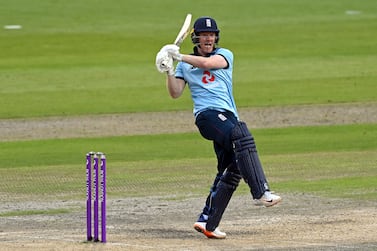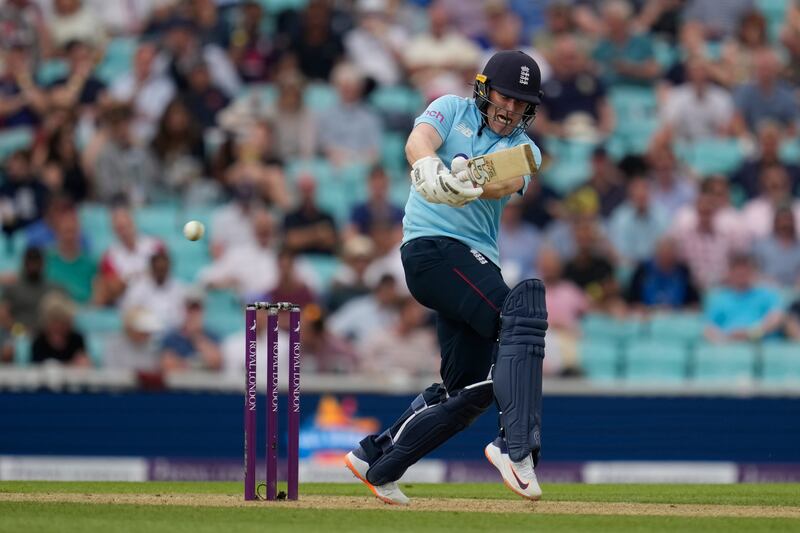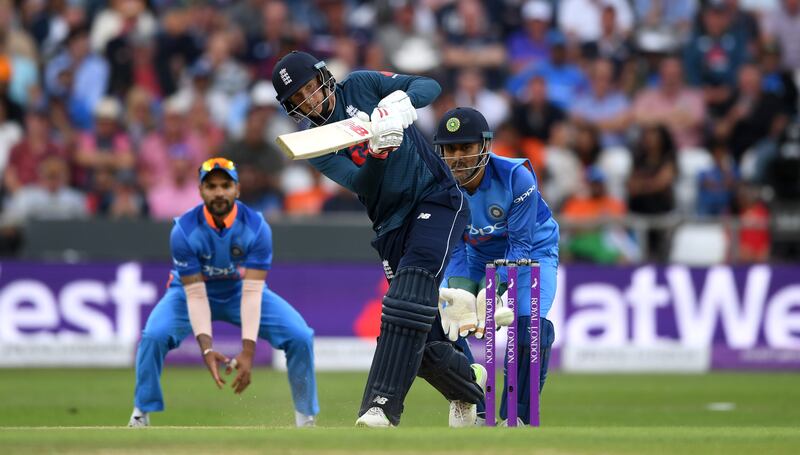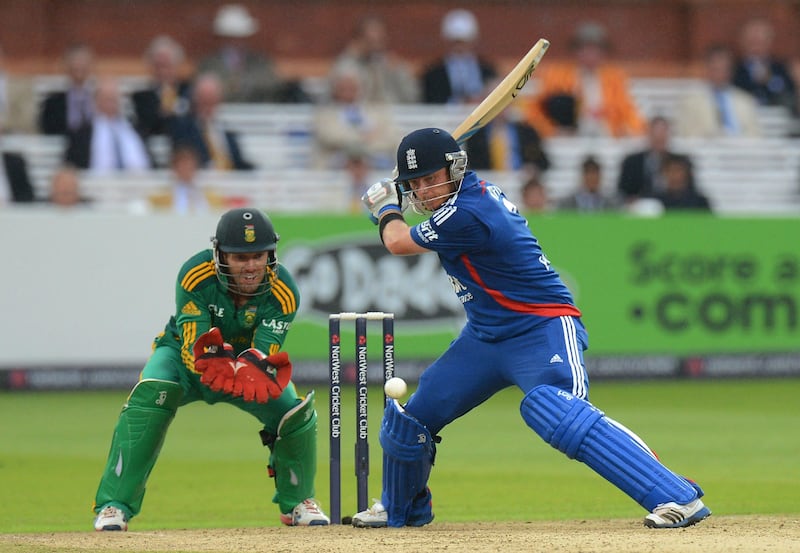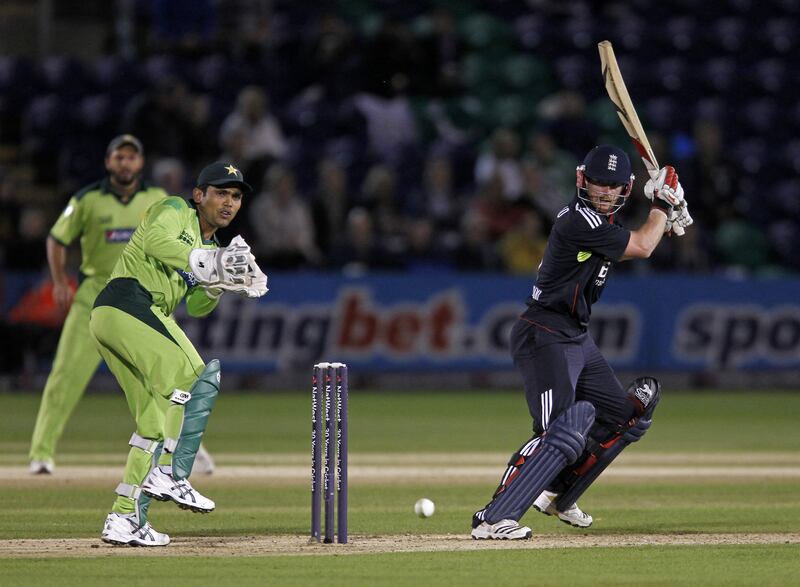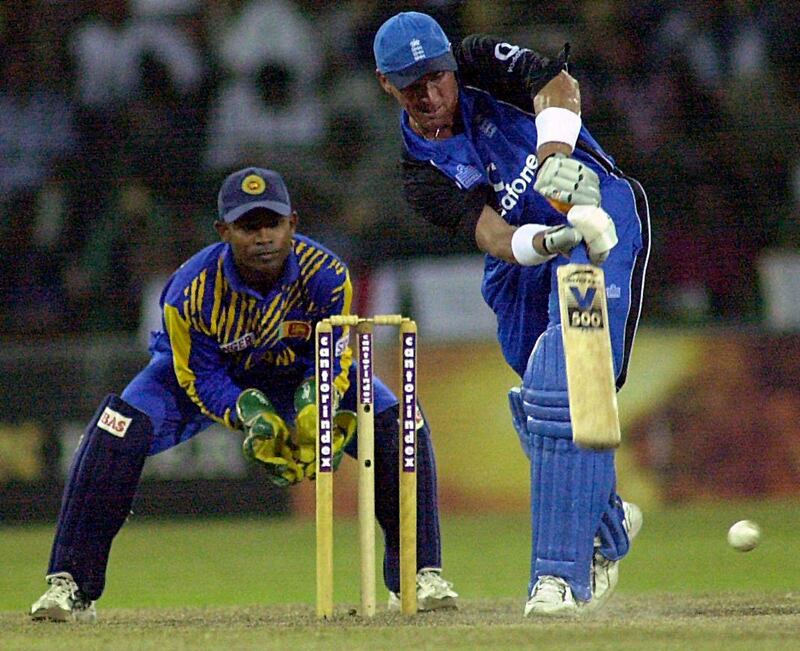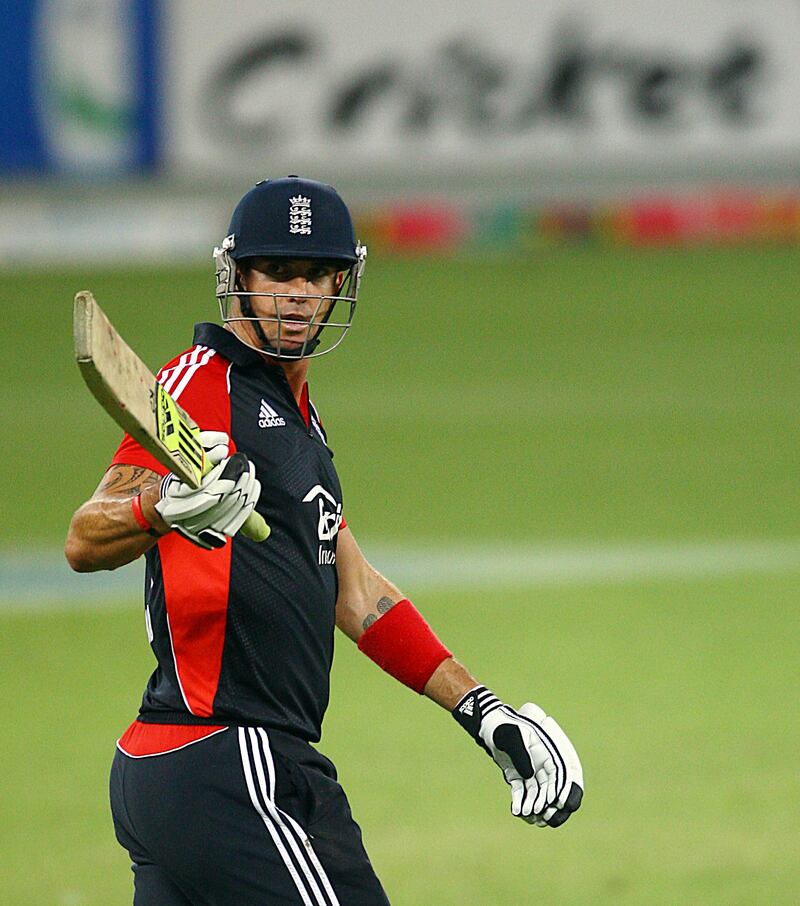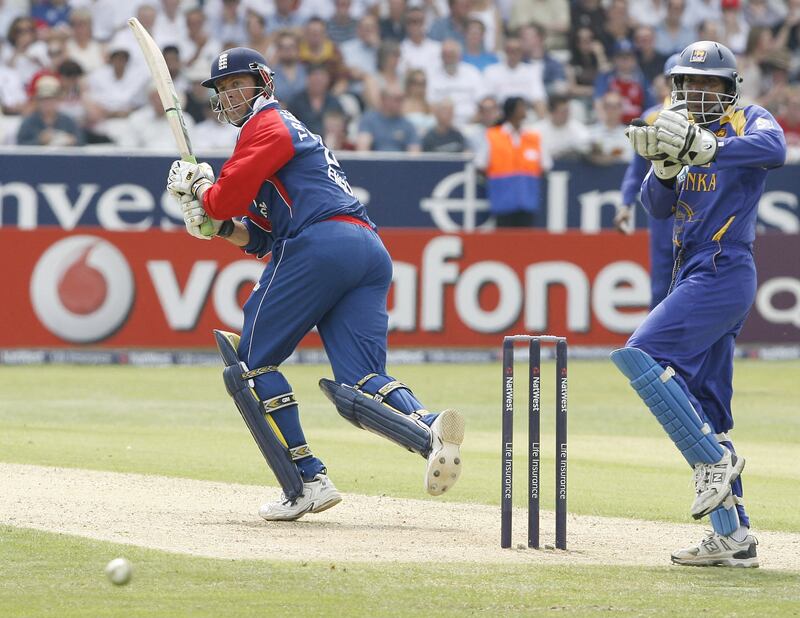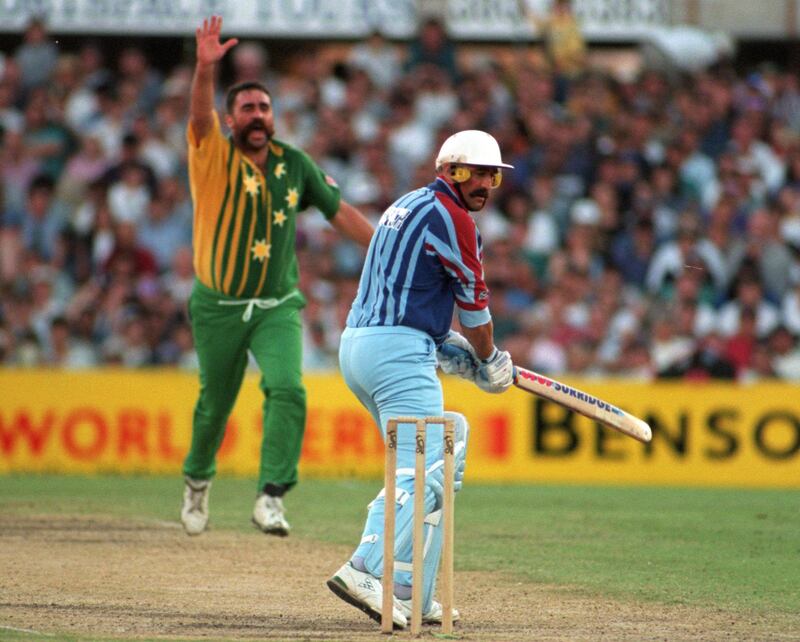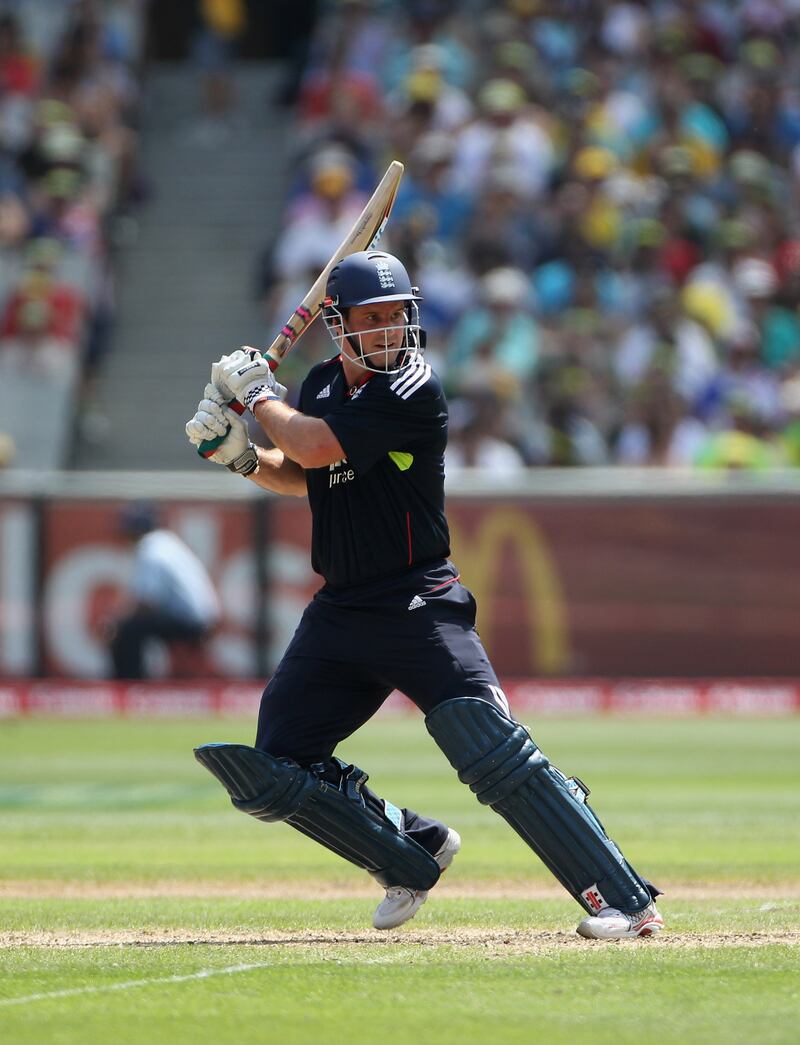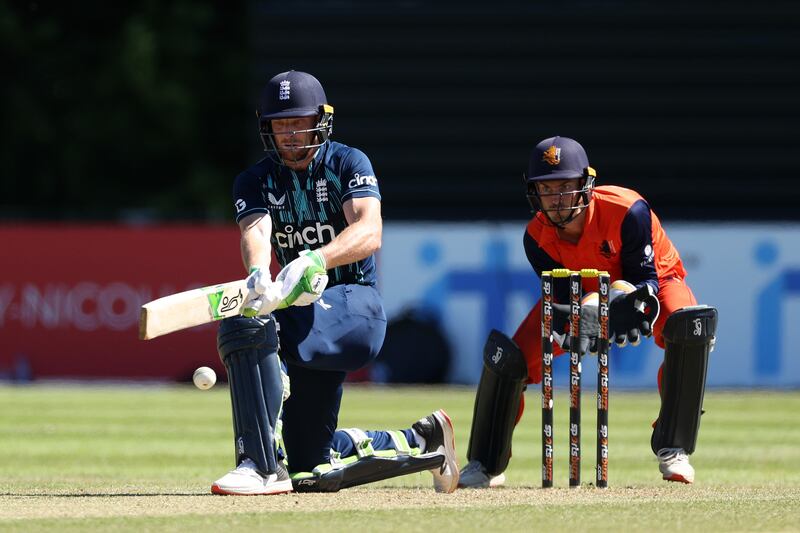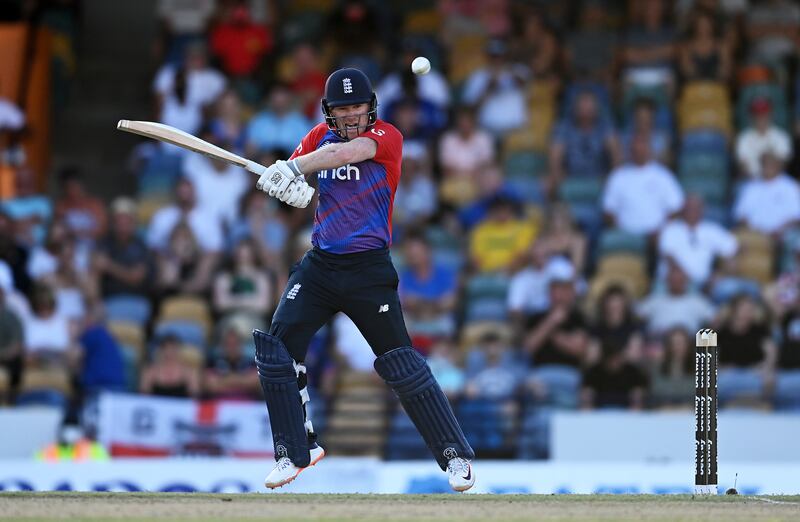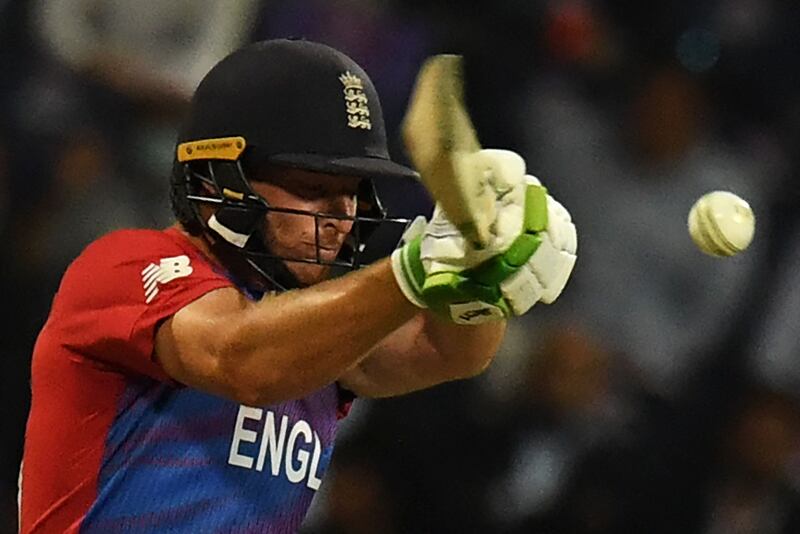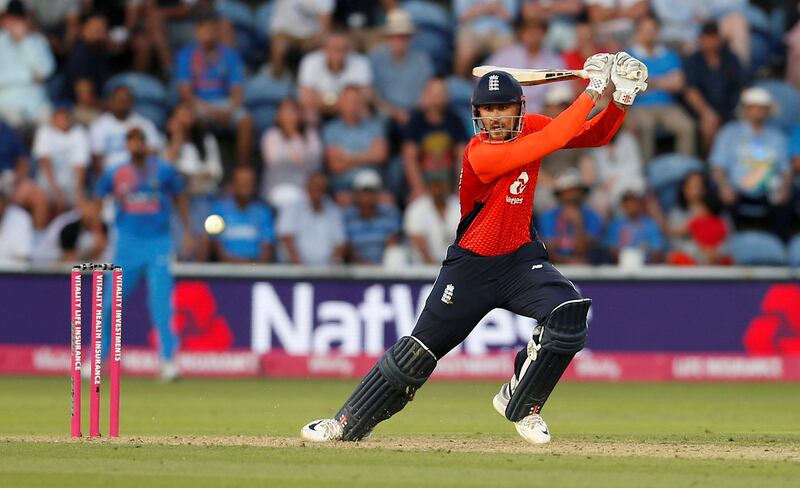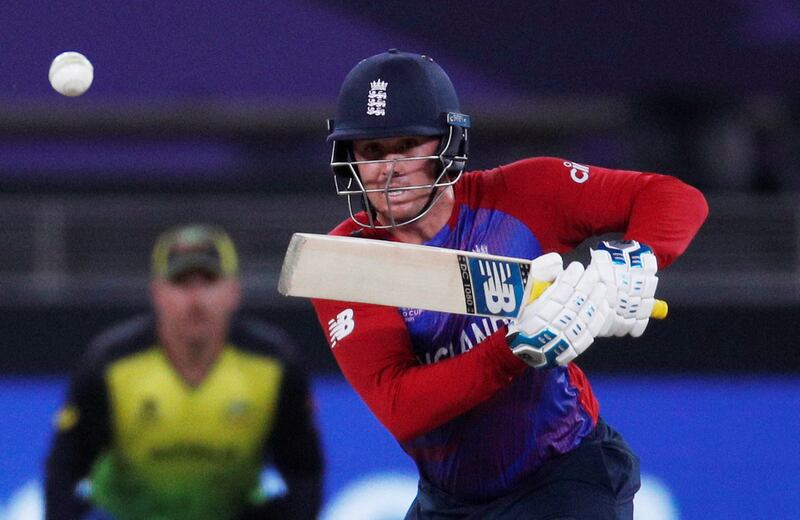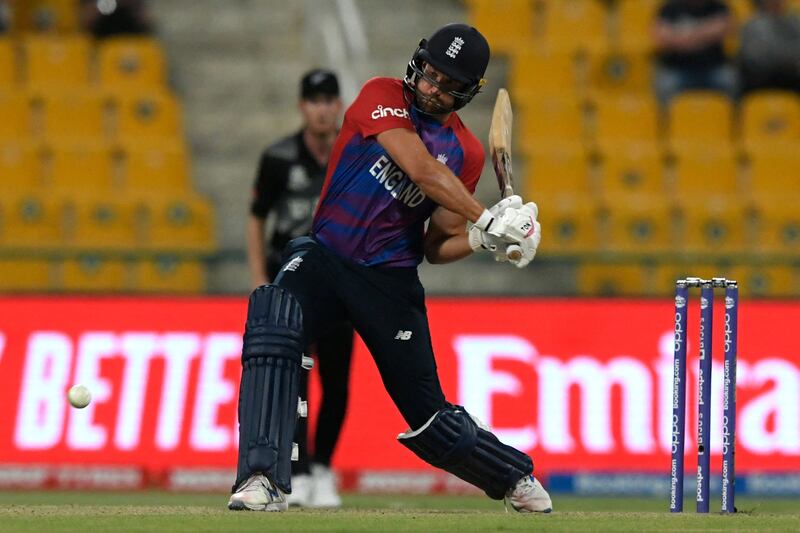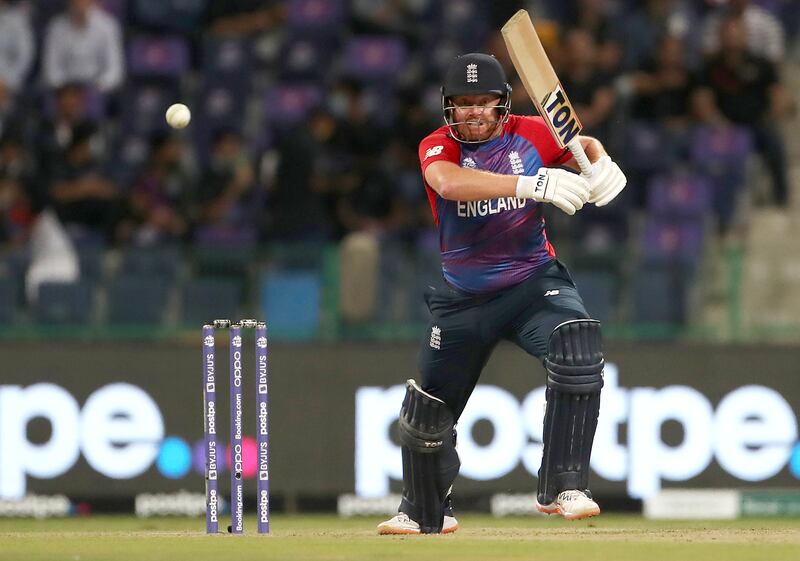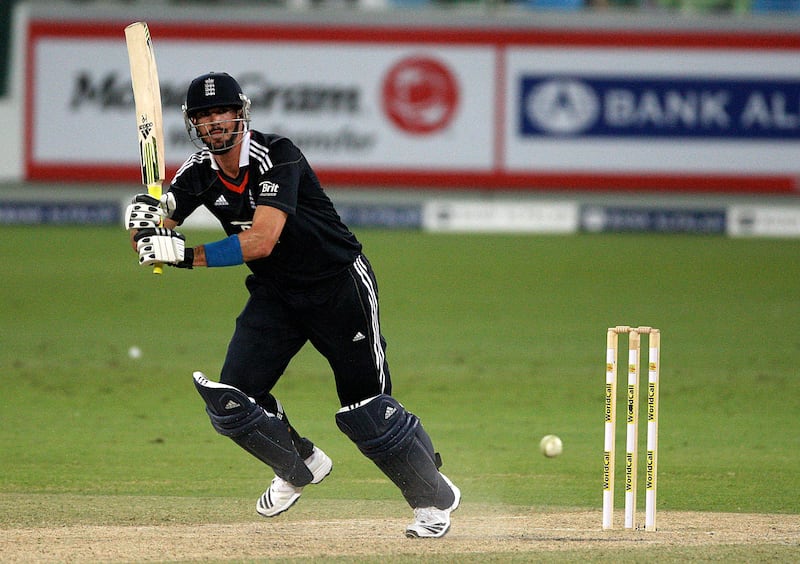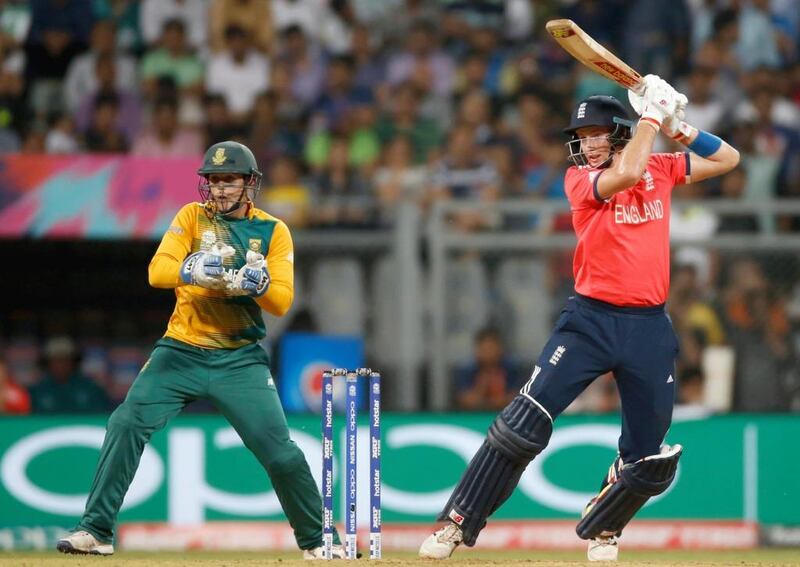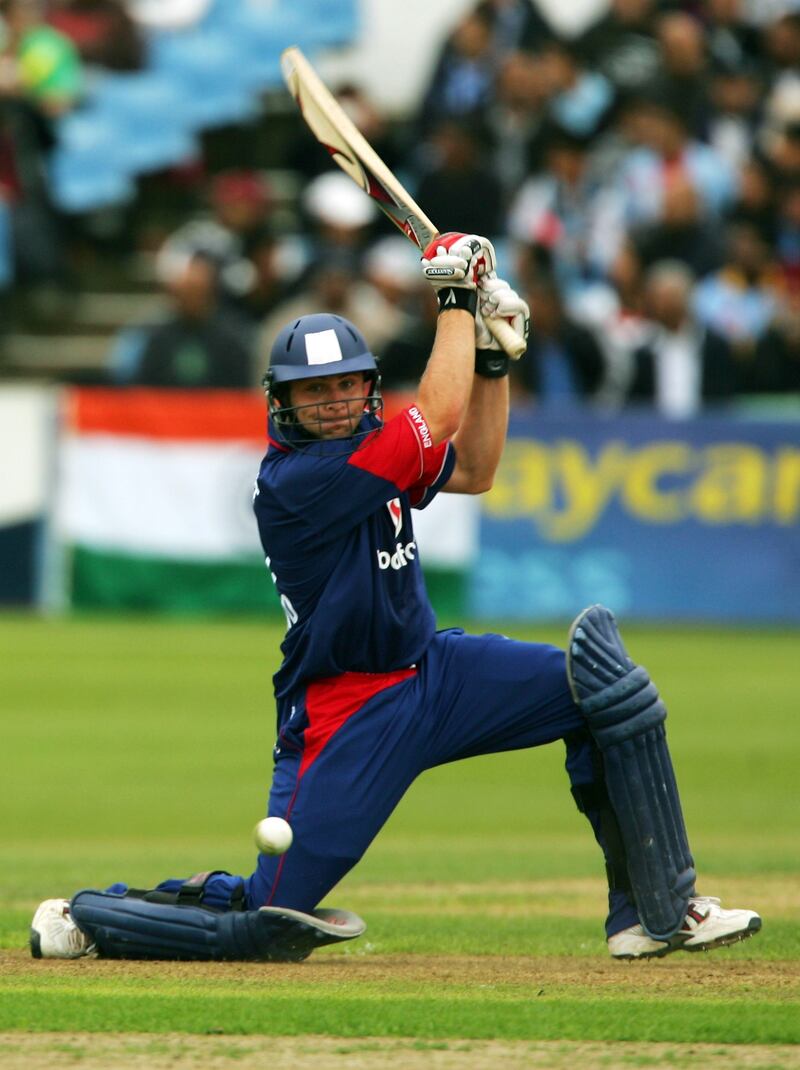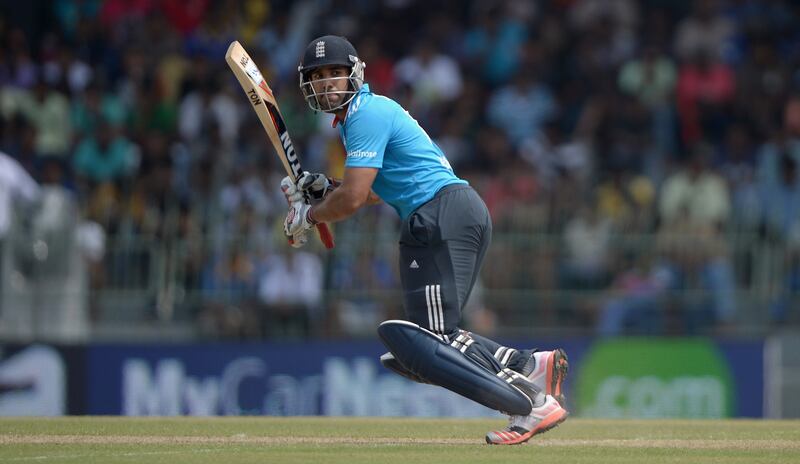It seems strange now, looking back, that he was destined to become England’s greatest limited-overs captain, their white-ball Mike Brearley.
At that specific moment in time, England meant little to Eoin Morgan, on the surface at least.
Aged 20, he had just scored what still remains his highest score in first-class cricket, 209, while playing for Ireland against the UAE in the now defunct Intercontinental Cup in Abu Dhabi.
Strolling to the boundary edge at Zayed Cricket Stadium to discuss it, there was an ice-breaker about rugby.
That weekend, France had beaten Ireland with a last-play try at Croke Park in Dublin, Morgan’s home city, in the Six Nations Championship.
“I was crying,” Morgan said, wryly. “Honestly.” Still, though, they would do England later in the tournament, so at least there was that.
It says much about international cricket’s uneven playing field that Morgan in fact did already have his mind set on playing cricket for England.
Ed Joyce, his compatriot and county teammate, had already done the same, and, he said, he was keen to follow in his footsteps.
Maybe Dublin was not such an unlikely starting point for the player who was the catalyst for England’s great limited-overs transformation. So many stars of English cricket – Tony Grieg, Kevin Pietersen, Allan Lamb – have brought an outsider’s perspective to their work.
After his white-ball revolution reached its zenith with the 2019 World Cup win against New Zealand at Lord’s, Morgan reflected that the side’s diversity had been its strength.
Players in the winning XI had variously been born in Bridgetown, Christchurch, Durban and Dublin, as well as Taunton, Sheffield and Bradford.
He said, in the post-final press conference in the real tennis court behind the Lord’s pavilion, that he had discussed the fact “Allah was with us” with spinner Adil Rashid when the game had got tense.
The question which elicited that response had been whether he felt they had had the luck of the Irish. He did accept they had had the “rub of the green”.
While his finest moment may have been decided by the barest of margins, and leant to a large slice of good fortune, Morgan’s success had been born from single-mindedness and clear-sightedness on his part. From the dregs of the outmoded, outdated playing style used by the side he inherited in 2015, he helped build a powerhouse.
Morgan tops England's all-time ODI run-scorer charts
Morgan has been central to England’s two world title wins to date – in the T20 World Cup in 2010 as a batter, and then in the 50-over World Cup in 2019 as captain.
Even that trophy haul seems a little unbecoming, given the behemoth he helped create.
His side had the 2016 T20 World Cup title snatched from their grasp by West Indies.
And, for much of the T20 World Cup in the UAE last year, it felt like England were the best side, only for them to be undone by New Zealand in the semi-final in Abu Dhabi.
Aside from trophies, the legacy he leaves will be a side who are still taking ODI cricket, in particular, to new heights.
Morgan also leads England's all-time T20 list
His England side have scored the three highest totals in the format’s history: 444 for three against Pakistan in 2016, 481 for six against Australia in 2018, and 498 for four just this month in the Netherlands.
Clearly, his side are still purring. Maybe they are even better than ever before. The fact Morgan made two ducks amid the run spree in Amstelveen must have encouraged him to realise it was time to leave.
It is not unreasonable to think they could perform even better without him, given the reins are likely to be assumed by Jos Buttler, who has personified the Morgan-revolution.
Whatever success does come in future, though, it still have Morgan’s fingerprints all over it.
